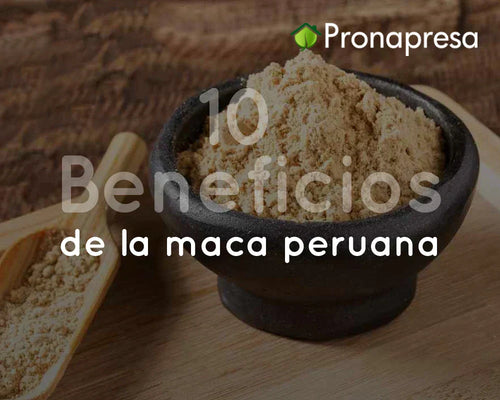
1. Exercise and Movement
Yoga
Yoga combines gentle stretching with deep breathing techniques, which can improve flexibility and reduce joint pain. Some poses, such as downward-facing dog or child's pose, can help relieve tension and improve joint mobility.
Tai Chi
Tai chi is an ancient Chinese practice that combines gentle, fluid movements with breathing techniques. This low-impact exercise can improve joint function and reduce pain in people with arthritis.
Swimming
Swimming and other water exercises are excellent for people with joint pain, as water provides gentle resistance and reduces pressure on the joints.
2. Food and Supplements
Omega-3 Fatty Acids
Omega-3 fatty acids, found in fatty fish like salmon and mackerel, have anti-inflammatory properties that can help reduce joint pain. If you don't eat fish regularly, fish oil supplements may be a good alternative.
Turmeric
Turmeric contains curcumin, a compound with potent anti-inflammatory properties. Including turmeric in your diet or taking curcumin supplements may help relieve joint pain and stiffness.
Ginger
Ginger is known for its anti-inflammatory and analgesic properties. You can add fresh ginger to your meals, make ginger tea, or take ginger supplements to reap its benefits.
Vitamin D
Vitamin D deficiency has been associated with increased joint pain. Make sure you get enough sun exposure, consume vitamin D-rich foods such as fatty fish, eggs, and fortified dairy products, or consider supplementation.
3. Alternative Therapies
Acupuncture
Acupuncture, a traditional Chinese medicine practice, involves inserting fine needles into specific points on the body. It has been shown to relieve joint pain by stimulating nerves and releasing endorphins.
Massages
Therapeutic massage can reduce muscle tension and improve circulation, which can relieve joint pain. Regular massages can be especially beneficial for people with arthritis.
Heat and Cold Therapy
Applying heat to painful joints can improve circulation and reduce stiffness, while applying cold can reduce inflammation and numb the affected area. Alternating between heat and cold can be an effective pain management strategy.
4. Herbs and Natural Supplements
Boswellia Serrata
Also known as Indian frankincense, Boswellia serrata is an herb with anti-inflammatory properties. Studies have shown it can reduce pain and improve mobility in people with arthritis.
White Willow Bark
White willow bark contains salicin, a compound similar to aspirin. It may help reduce joint pain and inflammation.
Glucosamine and Chondroitin Sulfate
These supplements are natural components of cartilage and can help reduce joint pain and inflammation.
[product=glucosamine-3-in-1-reinforced-with-garlic]
It helps reduce joint inflammation by regenerating cartilage, providing elasticity, flexibility, and resistance.
[/product]
Joint pain can be debilitating, but there are a variety of natural remedies that can provide relief and improve quality of life. From dietary changes and supplements to alternative therapies and exercise, these strategies can help manage pain and promote optimal joint health. However, it is essential to combine these approaches with professional medical care to ensure comprehensive and effective treatment.























































